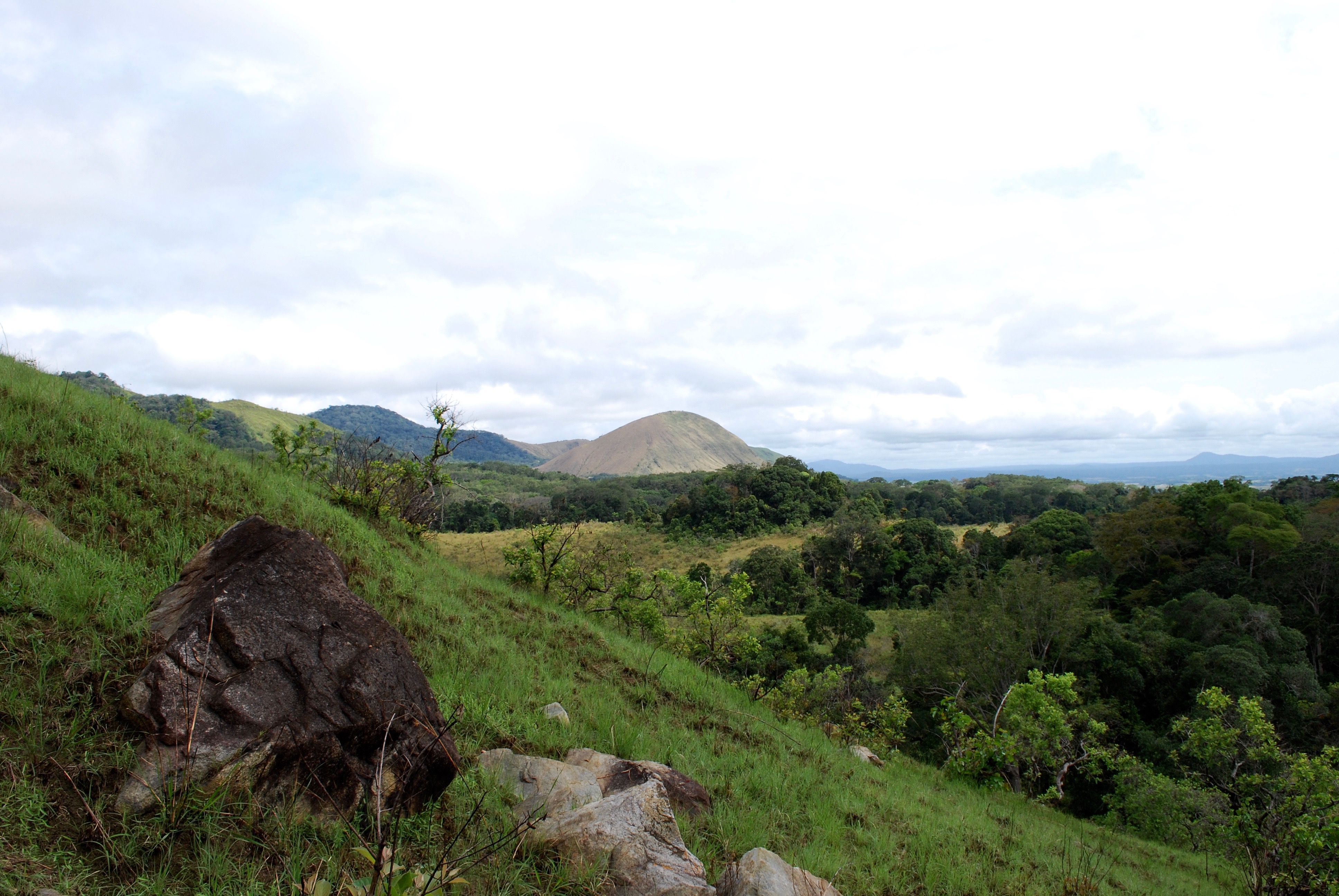Held from 17 to 21 May 2021, the Annual Partnership review between Gabon and CAFI concluded with a high-level dialogue on results-based payments to high forest cover, low deforestation (HFLD) countries.
22 May 2021, Libreville/Oslo/Geneva – The Letter of Intent agreed to between Gabon and CAFI in 2017 sets out objectives in line with the country’s low-carbon development trajectory. The purpose of the Gabon-CAFI Partnership’s Annual Review, which convened representatives from the Gabonese government and national agencies, Norway, UNDP, AFD and the CAFI Secretariat, was to i) evaluate progress made and results achieved under each CAFI-supported programme, and identify and address bottlenecks; ii) present these recommendations in a high level policy dialogue ; and, iii) prepare for the verification of the milestones of the Letter of Intent to be conducted independently later this year.
Main discussions and results
Gabon has reached five milestones of the Letter of Intent, among which the adoption of National Guidelines on oil palm development – to ensure that forests with high carbon stocks and high conservation value will not be converted to other land uses – and three reports on participatory and inclusive land-use planning, mapping land use suitability for various uses and monitoring of economic activities on forests.
Despite some initial delays, the programme to support the National Land Use Plan and a Forest Monitoring System is now on track and is expected to partially or fully help the country reach another 12 milestones in 2021. These include, amongst others, a roadmap to ensure the right to free, prior and informed consent, participating of civil society representatives in the meetings of the National Land Use Planning Commission, and submission of a Biennial Update report to the UNFCCC.
The programme on protected area expansion and agriculture has, since its launch in December 2020 forged close ties with national implementing agencies. The construction of a laboratory for soil analysis to inform the location of new agricultural areas has started. Next steps include identifying high conservation value areas for park extensions, recruiting park guards and mapping of land areas. Regarding the national forest certification programme, approved by CAFI in 2020, internal discussions and procedures have been ongoing and the programme aims to be initiated shortly.
The framework agreement signed in September 2019 between Gabon and Norway, through CAFI, provides Gabon with a major 10-year incentive to receive up to US$150 million in payments for its ex-ante and future emission reductions or removals. Based on independently verified results for the period 2016-2018, Gabon will receive a first payment from Norway in the first half of 2021.
High-level strategic dialogue and next steps
The Annual Review concluded with a high-level discussion between H.E Lee White, Minister of Water, Forests, Sea and Environment in Gabon, and Per Pharo, Director of the Norwegian International Climate and Forest Initiative. The discussion focused on the need to identify mechanisms to allow high-forest/low-deforestation (HFLD) countries such as Gabon to receive REDD+ finance – such results-based payments have been until now traditionally granted to countries for their efforts to reduce deforestation rather than to conserve carbon stocks or increase carbon absorption.
Recommendations included:
- Government structures to monitor and evaluate programme activities and results should be strengthened to increase their coordination capacity across all CAFI programmes
- Detailed timelines for the achievement of each milestone should be established and a dedicated focal point to follow up with each national implementing agency should be identified
- Progress reports should be systematically published online to improve transparency

